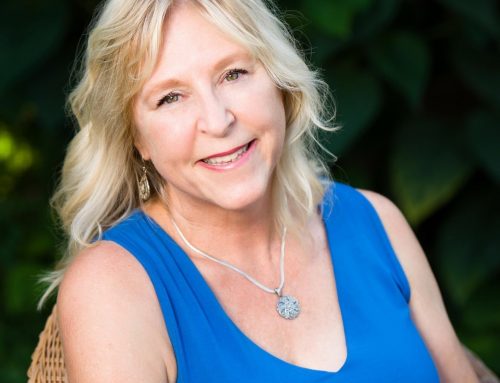 Pantser or plotter? It makes no difference.
Pantser or plotter? It makes no difference.
Books are daunting. Ninety to a hundred thousand words. Too much to grasp at once. But what I’m saying today is, forget that huge, monstrous book.
Don’t focus on the total book. Concentrate on a scene. Entire books have been written on scenes, from many different angles. But I’m limited here to about five hundred words, so let’s get down to basics – briefly.
Why is it important that we talk about scenes or concentrate on them when writing? Think of books you really enjoyed, or movies you liked. If I ask you about one, most likely you’ll tell about this great scene in the movie or book. You won’t, generally, proceed to give me the entire plot. But some small incident will have left its mark. Think about Psycho, that great Hitchcock story. For most of us, we immediately think of the shower scene. If someone mentions Lonesome Dove, I think first of the river crossing when the water moccasin s attack.
What is a scene? I’ve never seen a great definition of a scene, but here is one I’ve crafted: a scene is micro-element of the novel with all (or some of) characters, a micro-plot, setting, conflict, dialog, and action. It can be long or short. The important thing is, the scene has a defined purpose, a clear focus. This could be to give the reader information necessary to further the plot. It could be to highlight a conflict. Often its purpose is to create suspense. And it could be to help develop a character. Scenes can be constructed to do several of these.
A constant theme when I write or talk about character development is to make memorable characters. The same is true of scenes. You would like to have a number of memorable scenes. How can a scene be memorable? One good way is to take the reader by surprise. Give her something completely unexpected. I mentioned the scene in Psycho above. Hitchcock, ever the master, cast a big star, Janet Leigh, for the shower scene. We expected Ms. Leigh to be in for the entire movie. Then, very early she is killed. Totally unexpected. A memorable scene.
Another is to give some very important information in such a way that the reader understands it, but the character might not.
The ending of the scene should elicit a response like the ending of book one in a series: I really liked that; I want another.
In the end, you must ask yourself critical questions about the scene. Did it achieve its purpose? Could it be better if I cut out part of it? Did it further the plot or enhance our understanding of a character? Is it memorable? If you can’t answer yes to a number of those, cut it. That’s right. Cut it.
Make the scenes earn their space. Once you do that, the book will take care of itself.
—
 James R. Callan is a writer of mysteries and suspense novels who comes from a varied background. He has taught at the high school and college level. He has worked in a research center in the field of mathematics. He served as the vice-president of technology for a database company. He has received grants from the National Science Foundation and NASA. He has been listed in Who’s Who in Computer Science and Two Thousand Notable Americans. He has had eleven books published. In addition to writing, Callan loves to travel. He and his wife have visited all fifty of the United States and six of the seven continents. They divide their time between homes in Texas and Mexico. They have four children and six grandchildren.
James R. Callan is a writer of mysteries and suspense novels who comes from a varied background. He has taught at the high school and college level. He has worked in a research center in the field of mathematics. He served as the vice-president of technology for a database company. He has received grants from the National Science Foundation and NASA. He has been listed in Who’s Who in Computer Science and Two Thousand Notable Americans. He has had eleven books published. In addition to writing, Callan loves to travel. He and his wife have visited all fifty of the United States and six of the seven continents. They divide their time between homes in Texas and Mexico. They have four children and six grandchildren.




I enjoyed your post, Jim. Something to keep in the forefront of my mind as I work on my next book. 🙂
Good post, good definition of a scene.
Nice one. Sometimes when I’m bogged down, I ask myself “what is the purpose of this scene?” Is it moving the plot along, or is it just filler?
Jim, you have the ability to put writing technique into understandable description to help us new writers check our work and work on better writing. Thank you.
Thanks for this great, and very helpful, post. It’s a keeper.
Merry Christmas and Happy New Year!
As important as your examples of a scene, perhaps one more reason for a scene is to give the reader a flavor of the setting, so they can feel that they are ‘there,’ experiencing, watching and feeling all the events with the protagonist. I usually throw in a few ‘there’ scenes which always draws comments from readers, “I felt like I was right there.”